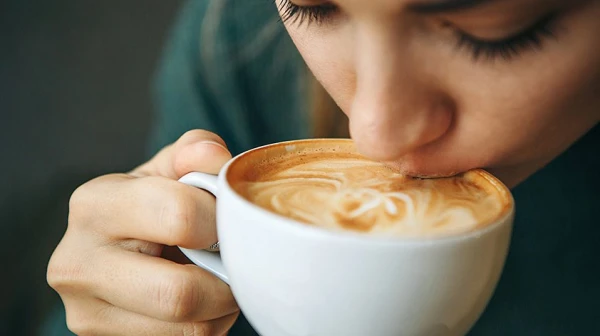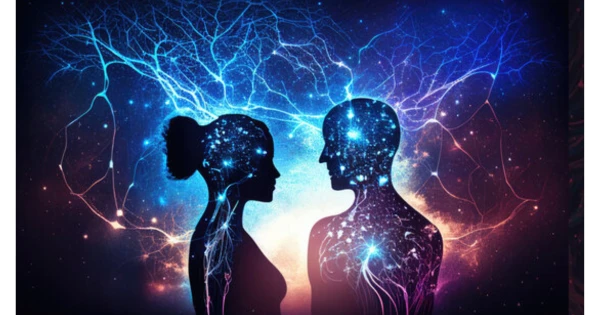
For many, a cup of coffee after breakfast or lunch is not just a habit, but a ritual. However, studies prove that such timing can harm nutrient absorption and disrupt digestion. The fact is that caffeine affects iron, magnesium, zinc, and also stimulates gastric juice secretion when food has not yet been digested. But there’s no need to give up coffee altogether — it’s enough to know when the body is ready for a new portion of the aromatic drink. Nutritionist Elena Mukhina shared the details.
Coffee Interferes with Iron and Zinc Absorption
Caffeine and tannins in coffee bind to iron from food and prevent it from entering the bloodstream. This is especially true for plant-based iron — from grains, vegetables, and greens. If you drink coffee right after a meal, absorption can decrease by almost a third. It’s better to wait at least an hour to an hour and a half after eating — then most of the trace elements will have already been absorbed, and coffee won’t "interfere" with their action.
Many supplements and vitamins (especially B and D groups) are also absorbed worse in the presence of caffeine. If you take them with breakfast and then immediately drink espresso, the effect will be weaker,” says the doctor.
Increased Acidity and Heaviness in the Stomach
After eating, the stomach is actively working, secreting acid to digest food. Caffeine stimulates additional secretion, which increases the risk of heartburn, bloating, and uncomfortable pressure under the ribs, especially for those prone to gastritis or reflux. If you don’t want to give up your usual latte, choose coffee with a small amount of milk — it partially neutralizes the acid. But the ideal option is to wait at least 40–60 minutes.
Disruption of Blood Sugar Balance
"Caffeine can temporarily raise glucose levels and interfere with carbohydrate absorption. When coffee is consumed right after a hearty lunch, this effect is amplified — drowsiness appears, followed by a sharp drop in energy," explains the expert. If you drink coffee later, on the contrary, it helps to gently stabilize blood sugar levels, maintaining concentration and alertness without energy spikes.
When Coffee is Actually Beneficial
The best time for coffee is an hour to an hour and a half after eating or even between meals when acidity levels have stabilized. At this time, coffee stimulates metabolism, improves concentration and mood, without interfering with digestion, allowing caffeine to be absorbed gently, not irritating the mucosa and not causing a sharp cortisol spike.















Leave a comment